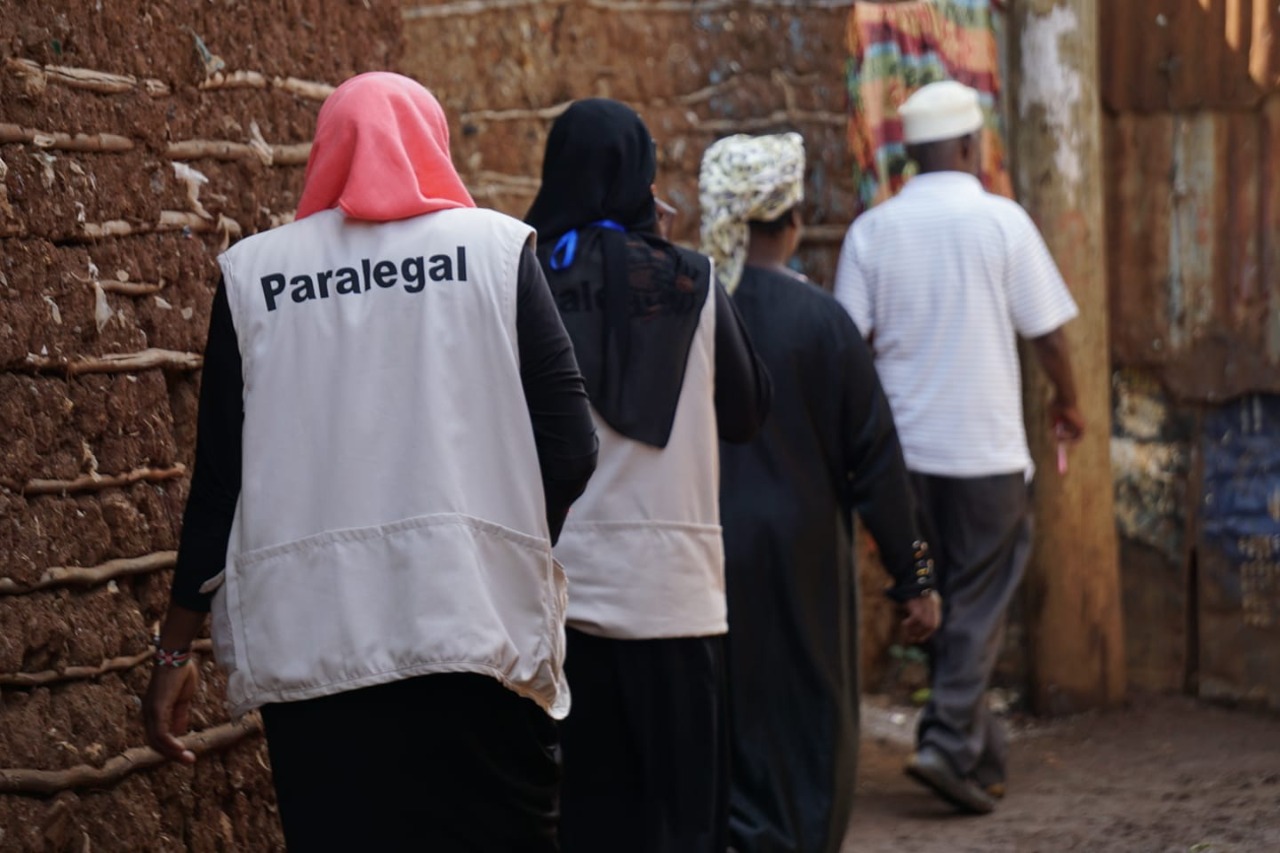Overall, the Nubian community in Kenya, like their counterparts in Sudan and Egypt, faces a number of land challenges that need to be addressed in order to secure their rights and livelihoods.
borsa prima classe
inflatable kayak
custom maple leafs jersey
custom maple leafs jersey
keyvone lee jersey
custom youth nfl jersey
nike air max 90 futura
air jordan 1 low flyease
yeezy shoes under 1000
custom youth hockey jerseys
uberlube luxury lubricant
nike air max 90 futura
nike air jordan 1 elevate low
jock strap
brock bowers jersey
;”>The Nubian community in Kenya has been historically marginalized and excluded from decision-making processes related to land and resources. This has led to their land being allocated to non-indigenous communities without their consent. This lack of legal recognition of their land rights, combined with the fact that many Nubians do not possess deeds to the land that was originally theirs, has left the community vulnerable to eviction.
For Nubians in Kenya, the lack of recognition by the government not only affects their ability to access services and develop their landbut also threatens their very identity as citizens of Kenya.
The Kenyan government has made some efforts to address these challenges, such as the creation of a Nubian Advisory Council and the issuance of identification cards for the community. However, more needs to be done to ensure the Nubian community’s rights to their ancestral land and resources are protected and recognized.
Overall, the Nubian community in Kenya, like their counterparts in Sudan and Egypt, faces a number of land challenges that need to be addressed in order to secure their rights and livelihoods. The struggle for recognition and survival is a harsh reality for this community, which, despite its rich cultural history and century-long presence in the country, still faces discrimination and marginalization.
